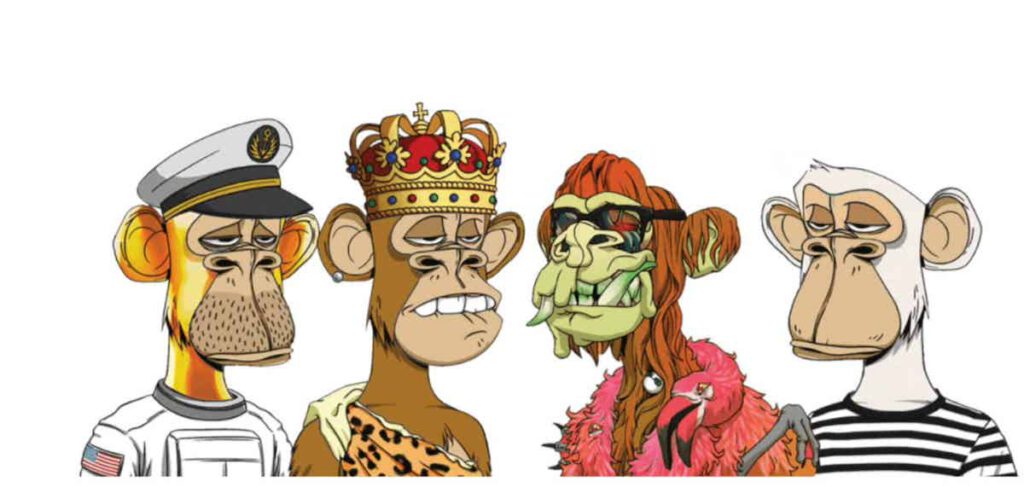The U.S. Circuit Court of Appeals is presently reviewing a trademark lawsuit in opposition to artist Ryder Ripps. The core of the dispute lies in Ripps’ reproductions of the Bored Ape Yacht Club NFTs, that are initially the creation of Yuga Labs.
Ripps’ Protection and Yuga Labs’ Counterfeit Claims
In a transfer to counter the allegations, Ripps’ authorized counsel posited that the lawsuit levied in opposition to the artist must have been dismissed. Their protection hinges on California’s anti-SLAPP statute, which seeks to guard actions that advocate free speech from unwarranted authorized actions. The first competition right here is whether or not Ripps’ actions fall underneath the purview of free speech or in the event that they cross the boundary into infringement territory.
Yuga Labs, the entity behind the famend Bored Ape Yacht Club NFTs, contends that Ripps intentionally counterfeited its Bored Ape NFTs, presenting them as satire. The labs additional assert that Ripps amassed important earnings from these counterfeits, capitalizing on the recognition and worth of the unique Bored Ape tokens.
Ripps, in his protection, categorizes his NFT reproductions as appropriation artwork. He emphasizes that the intent behind creating these variations was to make clear and critique what he seen as racially insensitive and anti-Semitic undertones in Yuga Labs’ tokens and related branding. By presenting his work as a type of social commentary, Ripps goals to delineate his creations from mere replicas and place them as artwork with a definite and important message.
U.S. District Decide’s Ruling
Earlier in April, U.S. District Decide John Walter sided with Yuga Labs on this ongoing authorized tussle. Decide Walter’s evaluation of the scenario drew a parallel between Ripps’ NFTs and counterfeit luxurious merchandise, resembling purses. In his view, the NFTs in query didn’t possess enough inventive worth to set them other than the originals, thereby undermining Ripps’ declare of appropriation artwork.
Because the case progresses within the U.S. Circuit Court of Appeals, it guarantees to set a precedent for future disputes within the quickly evolving NFT area. The result is not going to solely form the authorized panorama but additionally affect artists, creators, and stakeholders on the nuances of inventive expression, mental property, and the boundaries between homage, critique, and infringement.
-

Gaming innovator with a zest for exploring the potential of blockchain in fostering community-driven platforms.


